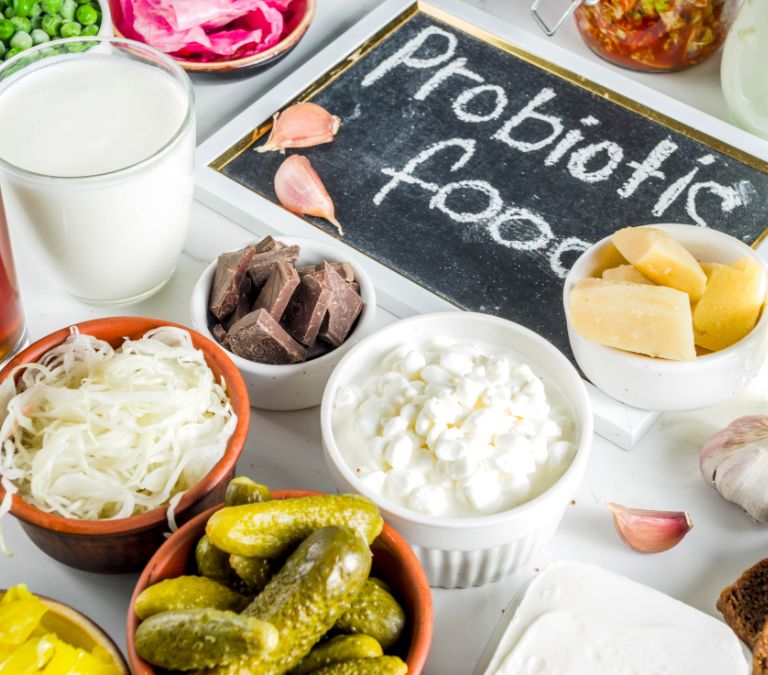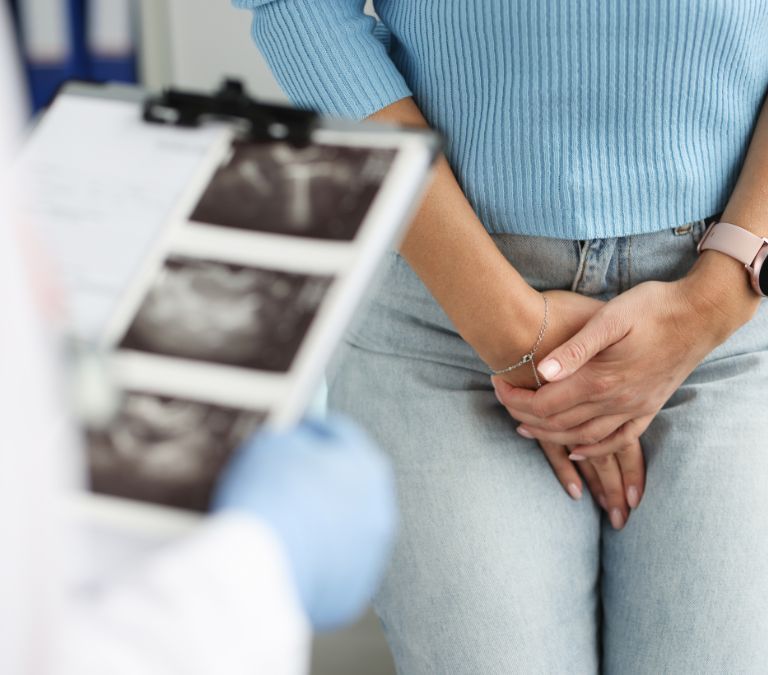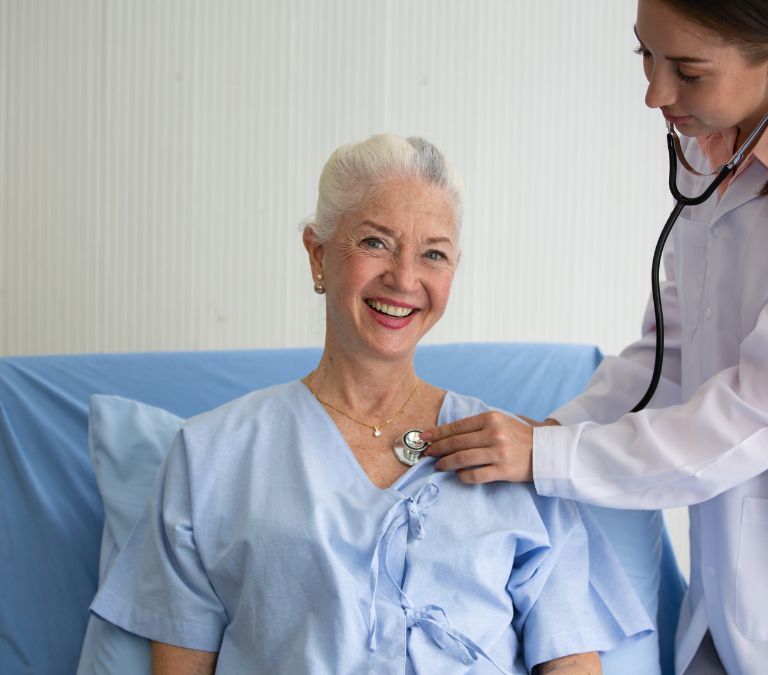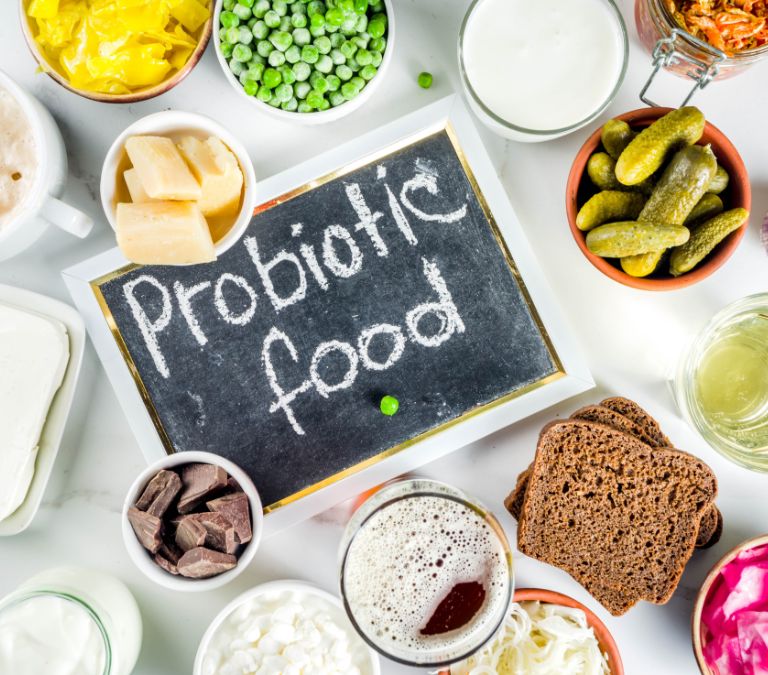The human body is a very complex structure. In the body, many complex cells and organs interact to make the body whole. While I still find it quite difficult to arrange my Lego pieces into something that makes sense, I am always amazed at how complicated, elaborate, and organized the human body is.
Going further into the complexity of the human body, you find other living organisms in the body. Of these living organisms, bacteria have established themselves as an important entity for the sustenance of life. You heard it right! There are bacteria cells in your body right now.
I once watched a medical documentary on TV, and the words of a doctor made me more interested in the show. The doctor said something about not letting the bad bacteria destroy the good bacteria in the body. With this statement, I realized that we don’t just have bacteria in us; some are good bacteria, and we need them for good health. Both the good bacteria and the bad bacteria live naturally in the body.
Good bacteria are useful in keeping your gut healthy, while bad bacteria can be assumed otherwise. When the bad bacteria enter your body, they knock your system off balance and cause problems. What the good bacteria do in this case is that they try to regain balance between the good bacteria and the bad bacteria. If extra bad bacteria live unopposed in the body, the body is bound to experience uncomfortable situations in the form of illnesses.
Probiotics: What They Are and How They Work

Different areas of our lives are going through significant innovations, and with this, one may wonder what the health sector is doing to catch up with these innovations. Thankfully, the health sector is no stranger to innovations.
Over a century ago, Elie Metchnikoff, a Russian scientist, and Nobel prize winner was in Bulgaria for work. During that period, he realized that a certain part of the population lived longer than the others. Determined to know the reason for this, Metchnikoff realized that those who lived longer were those drinking fermented yogurts frequently.
After studying the drink for a while, he discovered that the fermented yogurt contains Lactobacillus bulgaricus, a good bacterium known to promote long life. With this, Metchnikoff and other scientists conducted more research on this good bacterium, leading to the discovery of probiotics.
Probiotics are supplements that add more good bacteria to the body. Probiotics are made of good bacteria living in the body. When the task of fighting the bad bacteria becomes overwhelming for the good bacteria, probiotics are taken to help fight off the bad guys.
You can see probiotics are a helping hand when fighting something that becomes difficult. Think of Probiotics as the help sent to Ukraine to assist their military in the fight against Russia.
Metchnikoff and his team discovered many probiotics, and they successfully laid the foundation for many probiotics known and used today. Some common types of probiotics include the following;
- Lactobacillus acidophilus is found in the walls of the small intestine and the vagina and helps with digestion, and opposes the growth or development of vaginal bacteria.
- Bifidobacterium is used in foods and supplements and is believed to play a significant role in supporting the immune system.
- Lactobacillus rhamnosus helps combat diarrhea.
How Probiotics Help with Menopause
The body’s ability to produce eggs declines and eventually ceases as we get to menopause. With this, the body gradually loses its ability to bear children. During menopause, periods cease, and it becomes impossible to reproduce.
While menopause is often just seen as the gradual decline of a woman’s reproductive properties, it is important to know that there are more sides to the story. During menopause, the level of important hormones like estrogen and progesterone go through alarming fluctuations, which causes symptoms known now as menopausal symptoms. The most common menopausal symptoms are hot flashes, night sweats, anxiety, weight gain, osteoporosis, and tiredness.
With these symptoms, several treatment options are now available to help menopausal women cope with the cons of menopause. Hormone therapy and lifestyle changes are the most widely adopted treatment options for menopause. However, probiotics are now being recommended to help relieve symptoms of menopause.
On getting to menopause, your body begins to go through changes, and its requirements might also change. Here, specific nutrients are required, making the body more vulnerable to infections. This vulnerability occurs when the need for diet changes arises.
As a woman gets to menopause, fat distribution becomes uneven, and the body becomes more vulnerable to infections. For this, probiotics are perfect for menopausal women. It helps fight bad bacteria while maintaining a healthy environment for optimal metabolism in the body.
How Probiotics Help with Menopausal Symptoms
Below are some roles probiotics play in helping women live healthy during menopause.
Relieve Hot Flashes
Hot flashes are the most common symptoms experienced among menopausal women. Many women at this stage have experienced varying degrees of hot flashes. These hot flashes can be very uncomfortable and are usually triggered by caffeinated beverages and foods. However, research has shown that probiotics can help relieve hot flashes in menopausal women.
Introducing good bacteria into the body promotes healthy metabolic activities because good bacteria help recycle hormones, which can prevent fluctuations in vital hormones like estrogen and progesterone.
Generally, hot flashes during menopause are caused by the decline in the level of hormones in the body. It means that a balance in the hormone level could make hot flashes less intense.
Prevent Bladder Infections

In the woman’s bladder, estrogen hormones help protect it from infections. As we approach menopause and our hormonal levels begin to decline, we become more vulnerable to bladder infections. Without enough estrogen to help protect the bladder from infections, probiotics can step in to do the job. When probiotics are taken into the body, they produce more lactobacilli. The lactobacilli help to protect the bladder from infections.
Help Manage Weight Imbalance
Normally, fat in women is stored in the hip region. Women have curves that men don’t. Unfortunately, as we go into menopause, more fat goes to the upper waistline and causes an increase in belly fat. While fat is important to the body, it can cause other diseases when not properly stored. For example, more fat in the belly region causes diseases related to the heart and cardiovascular system. For this reason, we must get rid of these fats.
Fortunately, probiotics can help us with that. When we consume these probiotics, they reduce the body’s ability to absorb calories from food. By doing this, the body absorbs fewer calories, and in turn, belly fat is reduced. As an added advantage, probiotics can help us digest better. By doing this, our body processes nutrients better and more effectively, and we manage irregular weight during menopause.
Helps Prevent Diseases of the Bowel System
Due to hormone fluctuations during menopause, a very sensitive and unstable bowel system is formed. With this, you tend to experience diseases like constipation, abdominal pain, bloating, and diarrhea.
In this case, probiotics help to stabilize the bowel system by triggering the production of useful mucus. This way, the function of the intestinal walls is enhanced and, in turn, stabilizes bowel activities.
Vaginal Health
As you approach menopause, the vagina becomes less protected. This occurrence can be attributed to the drop in estrogen levels. Many menopausal women today complain of vaginal-related issues like vulvovaginal atrophy and vaginal dryness. With the decline in levels of estrogen, the vagina doesn’t get enough nourishment, and the good bacteria begin to decline. It makes the vagina prone to infections from bad bacteria.
Studies have shown that specific probiotics can help support the “biome” of the vagina, which in turn prevents the occurrence of vaginal dryness and vaginal irritation. In other words, the vagina’s health is restored.
Helping with the Mood
Studies have shown that probiotics like Lactobacillus acidophilus and the Bifidobacterium longum Rosell -175 can help improve mood in menopausal women.
The effects of declining hormonal levels on the body are usually underrated. The body reacts swiftly to little changes in hormonal levels, which is the main cause of the majority of the symptoms experienced by us during menopause. Many of these symptoms could be psychological and, if left untreated, could be very detrimental. These conditions include depression, anxiety, mood swings, weakness, and sometimes, panic attacks.
Research has shown that certain strains of bacteria could help brighten the mood, alleviate depression, and improve general psychological health.
Osteoporosis and Bone Density
Many menopausal women today often complain of problems like osteoporosis and loss of bone density. With the potential of probiotics in women’s reproductive health, many people are looking to it to get answers on osteoporosis and bone density loss during menopause.
While research is still ongoing regarding this aspect, it is important to know that significant progress has been made. Scientists have shown that strains of bacteria like Lactobacillus rhamnosus LGG and Lactobacillus reuteri ATCC PTA 6475 can yield encouraging results in preventing or reducing bone density loss caused by menopause.
Probiotics and Society
During the peak of my menopausal symptoms (difficult times to be honest), I was introduced to treatment options like hormone therapy, lifestyle and diet changes, and the use of medications and supplements. Probiotics were quite hidden from the options given to me by the doctor.
Driven by curiosity and, of course, the fear of medications, I searched for other options, and that was when I first heard of probiotics.
Today, many women do not know the importance of probiotics and how they could help them with their menopausal problems. With this, they end up trying out several treatments, most of which they don’t like. However, probiotics are becoming more amplified, and it is high time we take the opportunity.
After taking probiotics for about 2 months, the difference was remarkable. I complained of intense vaginal dryness, frequent hot flashes, and sometimes mood swings, but after just 2 months, those symptoms reduced drastically, and I continued with my life. Just as it worked for me, it might be your best option.
Getting optimal results
Menopause is a delicate phase of every woman’s life. It means that we ought to handle it with utmost care and precaution.
To get optimal results when using probiotics, you must avoid food and practices capable of worsening symptoms. For example, coffee. Research has shown that coffee and caffeinated products can worsen common menopausal symptoms like hot flashes and night sweats. With this, it is important that you limit or, better still, stop the consumption of coffee and other caffeinated beverages.
The consumption of alcohol and tobacco products could also make the symptoms worse. As a certified dietician and nutritionist, I’d advise against consuming alcohol and cigarettes during menopause. It will enable you to get optimal satisfaction with treatments.
When to See a Doctor

Even though taking charge of your health is important, getting quality medical advice from a doctor is equally important. For some women, the journey through menopause is very smooth and hitch-free. For some other women, the period of menopause is excruciating, and it leaves scars that often stay for a long time. Regardless, you must see a doctor before starting any treatment to help with your symptoms.
Conclusion
Menopause does not happen the same way to every woman. With this, it will be wise to say the treatment options will also vary from one woman to the other. If a treatment option works for you, it might not be very successful in another woman. While probiotics have helped so many women around the world deal with the problems of menopause, they didn’t record enough success in some other women.
Menopause is a journey, and the same applies to the treatment. Regardless, it would be best if you went with the most comfortable treatment.







